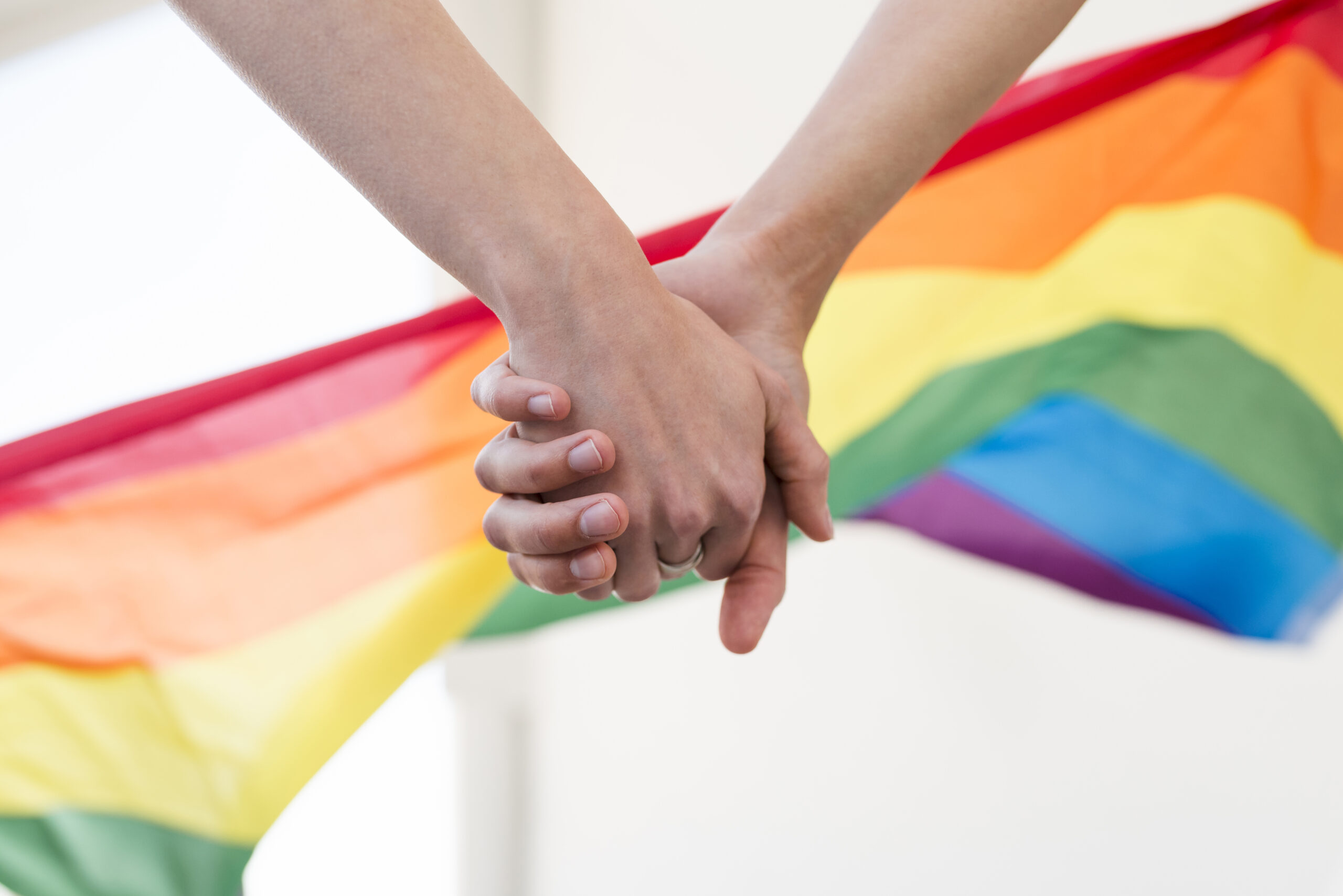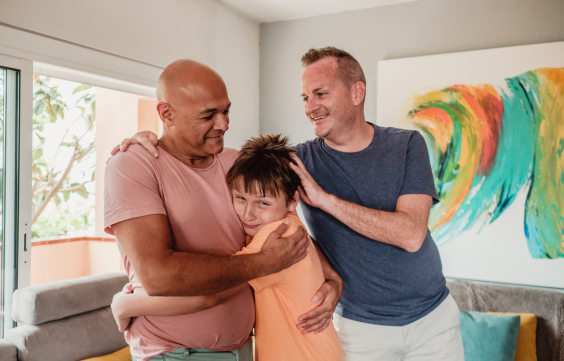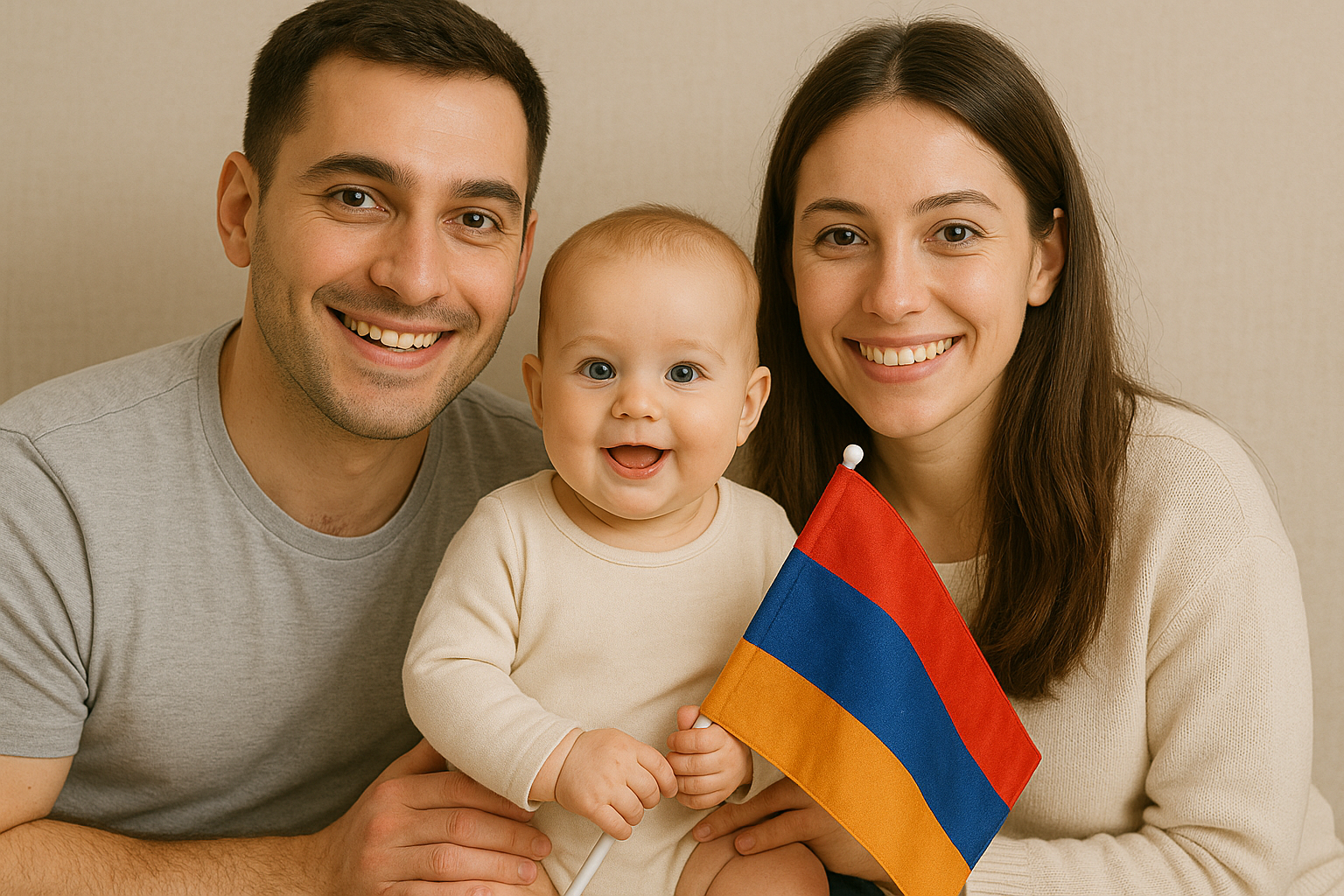Parents
The LGBTQ+ Surrogacy Journey – Your Questions Answered
If you are part of the LGBTQ+ community and considering surrogacy to become a parent, you may have some questions about the process ahead.
For the most part, the surrogacy process for LGBTQ+ couples is no different than any other surrogacy process. Still, if you are an LGBTQ+ person or couple who are considering surrogacy, you may have some unique and specific questions about the process. Here, you can find some answers.
Are there any extra tests or treatments LGBTQ+ intended parents need to undergo?
All the tests are typically the same no matter who is going through the process, but in some cases in LGBTQ+ surrogacy, both intended parents want to create embryos and that means they’ll both need to undergo genetic testing. The good news is that financially speaking, the extra cost is pretty minor.
When both intended parents create embryos another thing to consider is the egg donor. It is advisable to choose candidates who tend to produce a large number of eggs to maximize the chances that each intended parent ends up having a good number of embryos.
How can LGBTQ+ parents protect their parental rights?
In the process of surrogacy for gay parents, only one parent will be genetically related to the child, which is also the case for some heterosexual couples. This means you will need to establish the parental rights of the non-genetically related parent.
There are three methods to establish parental rights: stepparent adoption, second-parent adoption or pre- or post-birth order.
How would you know which method is right for you?
That depends on your marital status, the surrogate’s marital status and the egg donor’s rights, and the state’s surrogacy laws.
The best thing to do is to consult with a surrogacy lawyer before you even start the surrogacy journey. This way, you will enter the process knowing exactly what you need to do and when, to establish parental rights for both of you.
Whose name goes on the birth certificate?
In same-sex surrogacy, the laws that apply are those of the state where the surrogate delivers the baby, but as long as it’s a surrogacy-friendly state and you took care of the pre- or post order, or the second parent adoption, both your names will be on the birth certificate no matter who the biological parent is.
Can HIV-positive individuals become parents?
Absolutely! Whether heterosexual or LGBTQ+, HIV-positive people can have healthy babies via surrogacy.
The recommended treatment is SPAR (Special Program of Assisted Reproduction), offered at the Bedford Institute in Boston.
SPAR is an international program aimed at protecting women, surrogates and babies from becoming infected during fertility procedures that use sperm from men who are living with a sexually transmitted disease.
In short, the treatment washes the semen separating the sperm from the semen, because HIV is only present in semen and not in sperm cells. On average, SPAR costs approximately $10,000 per person.
Some clinics offer their own in-house sperm wash treatment that costs less than SPAR, but most agencies feel it’s safer to use SPAR and it may be difficult to find a surrogate who agrees to an in-house sperm wash.
We hope this gives you all the answers you need, but if you still have questions or concerns we invite you to consult with Expecting.ai experts, Xiomara and Yishai, about surrogacy, egg donation, fertility agencies and all things third-party reproduction related. The consultation is completely free.
Xiomara and Yishai have made it their personal mission to give intended parents the support and help they need on their journey. Between the two of them, Xiomara and Yishai share a wealth of knowledge of over 10 years in the world of third party reproduction in North America. Over the years, their individual professional careers have given them a unique and holistic view and understanding of the ins and outs of this field.
Xiomara Hernandez is an international liaison at Idaho Center for Reproductive Medicine; Yishai Eliason is an international liaison and 3rd party coordinator at New England Fertility Institute.





